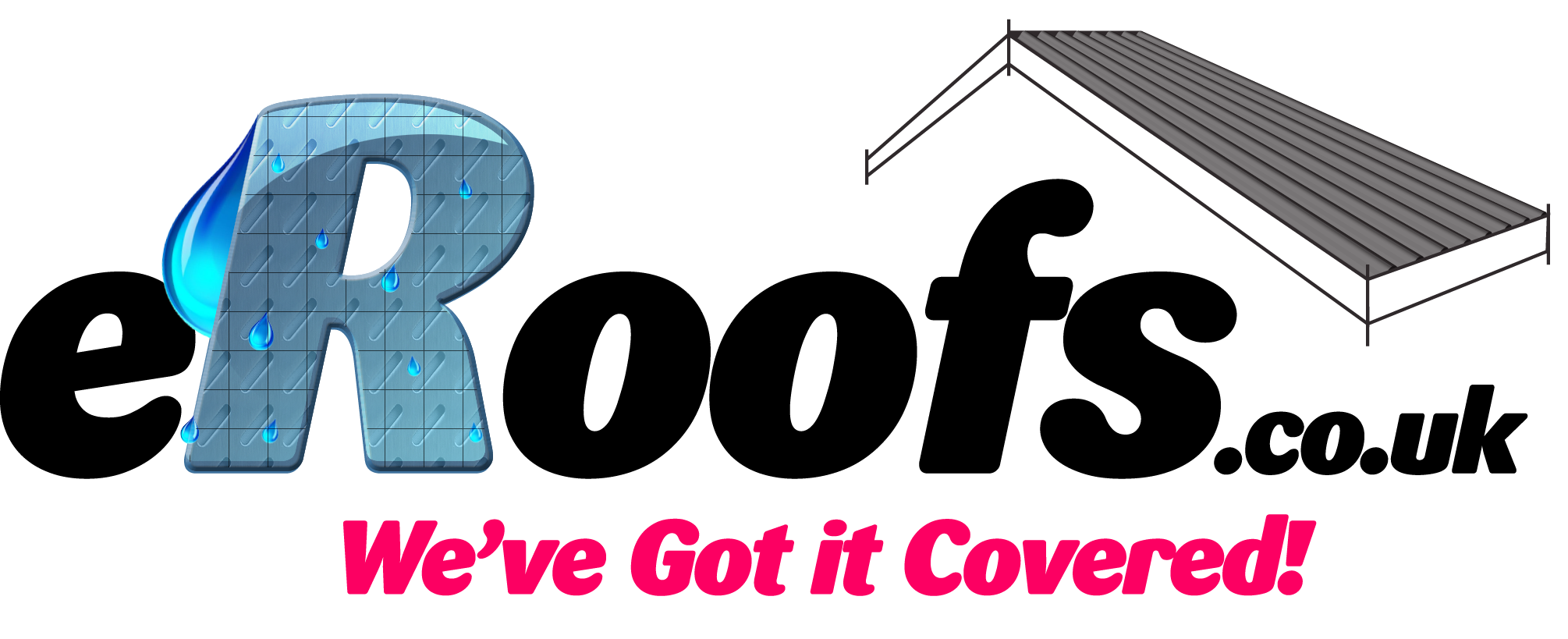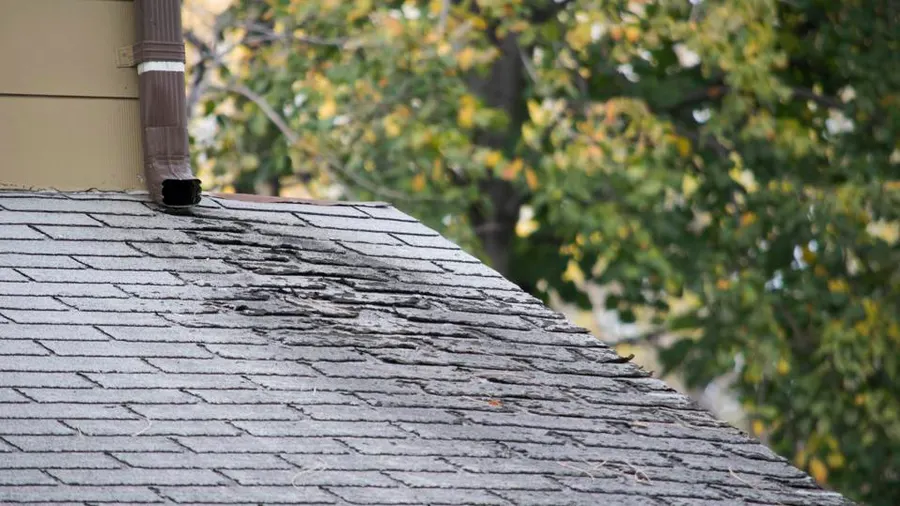Is your roof leaking? Don’t panic just yet! While a leaky roof can be a cause for concern, it doesn’t always mean that you need to replace the entire roof. The decision to repair or replace your roof depends on various factors, such as the extent of the damage and the age of your roof. In this blog post, we will explore whether a leaky roof needs a complete replacement or if repairs will suffice. By understanding the options available to you, you can make an informed decision about how to address your roofing issues.
Assessing the Damage
The first step in determining whether your leaky roof requires replacement is assessing the extent of the damage. A few missing or damaged shingles can typically be repaired without needing to replace the entire roof. This is especially true for relatively new roofs with minor issues.
However, if the damage is more widespread and involves an older roof or multiple layers of roofing materials, a complete replacement might be necessary. Keep in mind that delaying necessary repairs can lead to further damage and costly repairs down the line.

Repairing vs. Replacing
Repairing Your Roof
Repairing a leaky roof is often a viable option if the damage is localized and limited to specific areas. Here are some instances where repairing might be sufficient:
- Minor Shingle Damage: If only a few shingles are damaged or missing, it may be more cost-effective to replace those specific shingles rather than opting for an entire replacement.
- Flashing Issues: Sometimes, leaks occur around chimneys, vents, or skylights due to faulty flashing. In such cases, repairing or replacing the flashing could solve the problem without necessitating a full roof replacement.
- Localised Leaks: If the leakage is confined to one area and hasn’t caused significant structural damage, patching up that specific area could effectively resolve the issue.
Replacing Your Roof
In certain situations, a complete roof replacement is the more practical and long-lasting solution:
- Extensive Damage: If your roof has suffered extensive damage from storms, fallen trees, or other severe events, repairing it may not be enough to ensure its integrity. A complete replacement will provide a fresh start and peace of mind.
- Age of the Roof: Roofs have a limited lifespan, typically ranging from 20 to 50 years depending on the materials used. If your roof is approaching the end of its expected lifespan and experiencing leaks, it’s often better to invest in a full replacement rather than repeatedly repairing aging components.
- Multiple Layers: If your roof has multiple layers of shingles or other roofing materials, repairs can become more complicated. In such cases, removing all layers and starting anew can result in a longer-lasting and more structurally sound roof.
Consulting with Professionals
Deciding whether to repair or replace your leaky roof can be challenging without professional advice. It’s essential to consult with experienced roofing contractors who can assess the extent of the damage and guide you towards the most suitable solution.
A professional roofer will carefully inspect your roof, identify any underlying issues, and provide an expert opinion on whether repairs or replacement are necessary. They can also recommend high-quality materials that align with your budget and offer warranties for their workmanship.
The Cost Consideration
When contemplating whether to repair or replace your leaky roof, cost inevitably plays a significant role in decision-making. Repairs are generally less expensive upfront compared to a full replacement. However, it’s crucial to weigh this against potential long-term costs.
While repairs might seem like an economical choice in some cases, recurring problems and ongoing maintenance expenses can add up over time. On the other hand, investing in a complete roof replacement ensures greater durability and fewer future issues, potentially saving you money in the long run.

Conclusion
In conclusion, not all leaky roofs require a complete replacement. The decision to repair or replace your roof depends on factors such as the extent of the damage, age of your roof, and the presence of multiple layers. It’s vital to assess the damage accurately and consult with roofing professionals who can provide expert advice tailored to your specific situation.
Remember, timely repairs can prevent further damage and extend the lifespan of your roof. However, if your roof is significantly damaged or nearing its expected lifespan, investing in a full replacement will offer greater peace of mind and long-term durability. Whatever option you choose, prioritizing regular maintenance will help ensure that your roof remains in excellent condition for years to come.

